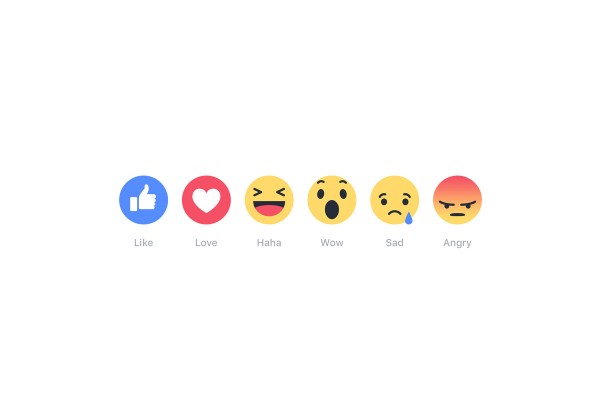How to spot fake news.
Fake news can be false information, photos or videos purposefully created to confuse or misinform. It can also be genuine information that has been manipulated to deceive.
If you want to try to make sure that you don't get caught out by fake news, there are a few things you can look out for:
Ask yourself:
- Has the story been reported anywhere else?
- Is it on the radio, TV or in the newspapers?
- Have you heard of the organisation that published the story?
- Does the website where you found the story look genuine? (meaning it doesn't look like a copycat website that's designed to look like another genuine website)
- Does the website address at the very top of the page look real? Is the end of the website something normal like '.co.uk' or '.com', and not something unusual, like 'com.co'?
- Does the photo or video look normal?
- Does the story sound believable?
If the answer to any of these questions is 'no', you might want to check it out a bit more, before spreading the word.
Some key steps to keep in mind:
1. Does it sound real?
2. Check for spelling and grammatical mistakes
3. Check the comments
4. How long has the page existed?
5. Who wrote it?
6. Read more than just the headline
7. Have you checked the URL?
More information can be found on:
https://www.bbc.co.uk/news/blogs-trending-51967889
https://nationalonlinesafety.com/hub/view/guide/fake-news-online-safety-guide-for-parents



